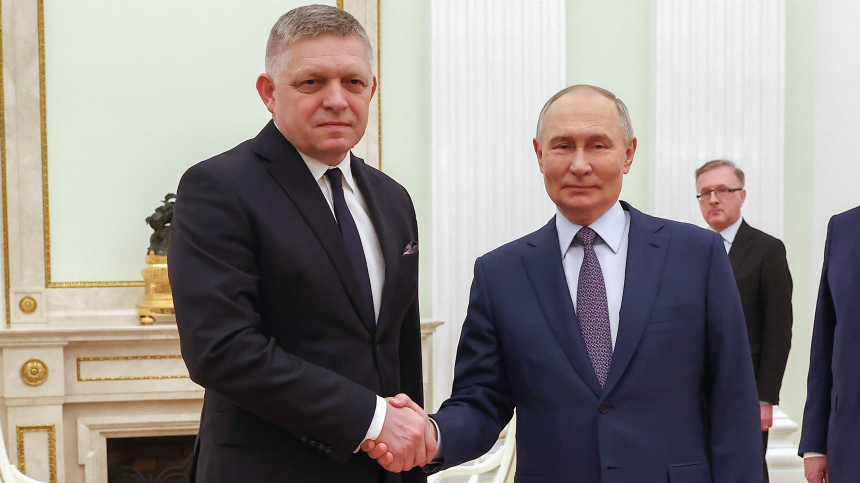Syria's New Leadership: A Shift in Regional Dynamics?
In the wake of a dramatic power shift in Syria, new leader Ahmad al-Chareh takes significant strides to reshape relationships and address regional tensions, influencing geopolitical narratives.
Published December 23, 2024 - 00:12am

Image recovered from arabnews.com
In a significant power shift, Syria's new leader, Ahmad al-Chareh, is taking ambitious steps to reassure minority groups within Syria and address fears of regional intervention. Following the ousting of Bashar Assad two weeks ago by Hayat Tahrir al-Sham (HTS), led by al-Chareh, concerns have risen among Syria's diverse ethnic and religious groups regarding the potential for strict Islamic governance. Al-Chareh has been clear in his efforts to depict a future Syria where no sect is marginalized, ensuring that minorities such as the Druze, Kurds, Christians, and Alawites are safeguarded within the new political landscape. This shift was notably emphasized during a meeting with Lebanese Druze leader Walid Jumblatt, highlighting Syria's commitment to inclusivity.
Ahmad al-Chareh's leadership comes during a turbulent period marked by a swift political transition. His promises to eradicate Syria's historically negative influence over Lebanon forms a cornerstone of his new foreign policy approach. Meeting with Turkish Foreign Minister Hakan Fidan confirms Syria's intent to redefine its regional relationships, especially considering Turkey's substantial role in supporting the HTS-led control of Damascus. This relationship signifies a reorientation towards collaboration and stability, recognizing Lebanon's sovereignty and striving to build constructive relations with neighbors.
Al-Chareh's overtures extend beyond just Lebanon, as his outreach involves dialogues with multiple foreign powers—ranging from Turkey to Saudi Arabia—each observing these developments closely. The discussions with these powers are not only pivotal for Syria's regional reintegration but also crucial for addressing the internal stability that Syria desperately needs after more than a decade of civil war. Al-Chareh aims to bolster trust with global powers such as the United States and the European Union, acknowledging their insistence on minority protection and counter-terrorism efforts.
These diplomatic maneuvers underscore a broader intent to forge new alliances and stabilize the Middle East's volatile dynamics. Israel, for instance, considers potential alliances with Syrian minorities, aligning particularly with the Druze and Kurds to curb Iran's influence. Peeled from years of geopolitical discord, this strategy of military and strategic alliances is intended to balance regional equations, particularly to counteract Iranian proxies and bolster regional security. The fear among Syrian minorities, especially the Druze, of revenge assaults by Sunni extremist groups further underscores the complexity of this situation, aligning perceptions of failed Assad governance and a hopeful yet cautious look toward the future.
The broader impact of al-Chareh's leadership is felt as Syria navigates international scrutiny. The decision to centralize military control and assimilate the diverse armed factions into a state apparatus symbolizes a departure from the fragmented military policies of the Assad era. This move, intended to consolidate power and reduce internal strife, also signifies a larger objective: the prevention of foreign or rebellious factions from sowing further discord. The transition marks an era of potential reconstruction and peacebuilding, yet remains shadowed by the previously entrenched sectarian histories and external strategic interests.
While Syria moves forward, the expectations attached to Ahmad al-Chareh's policies are monumental. Emphasizing coexistence, he addresses the enduring trauma of civil strife and proffers a vision aimed at social harmony. The varied responses from neighboring states and international entities will determine the success of his administration's initiatives and will impact the Middle Eastern geopolitical landscape anew.







